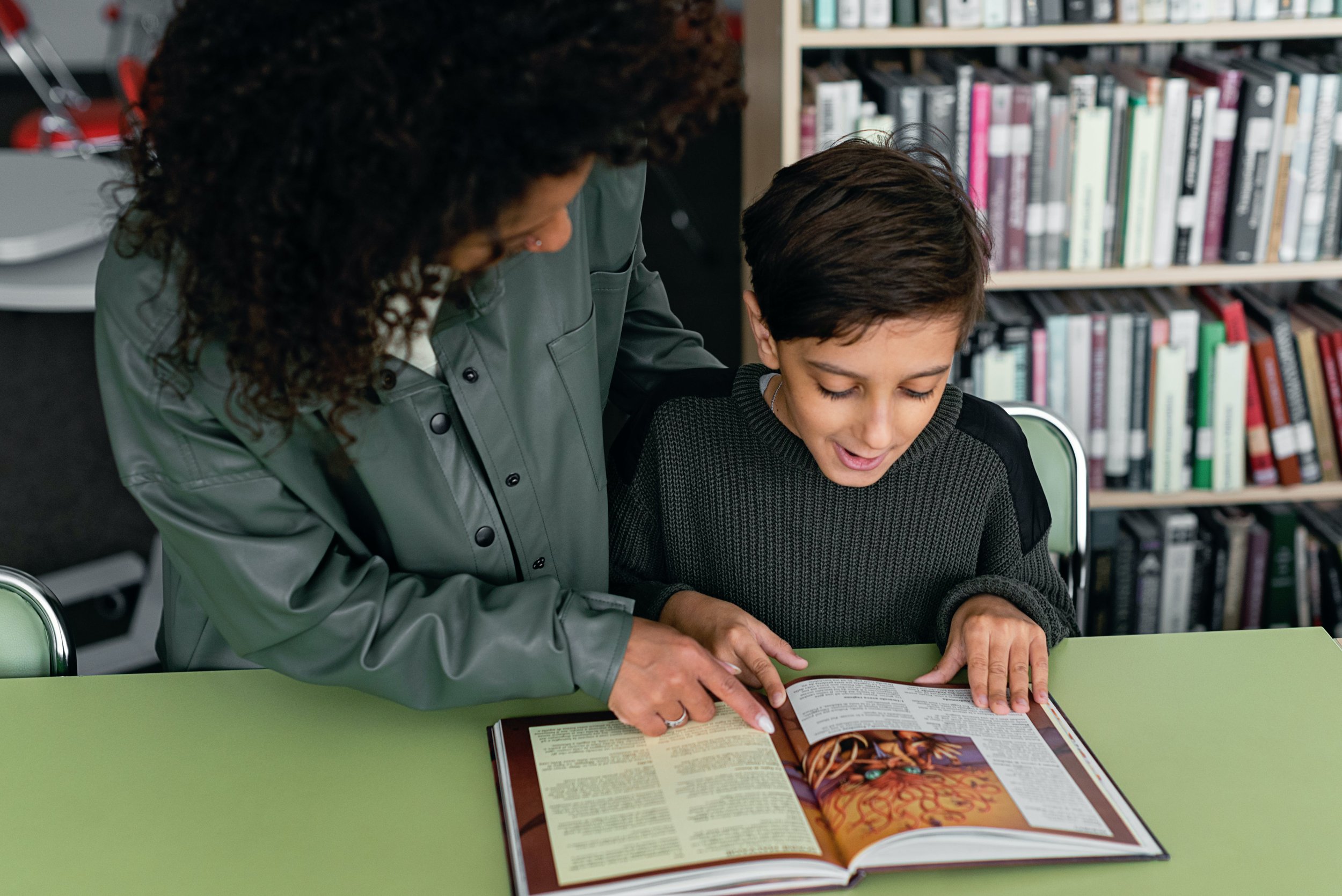How to Help Children Become Avid Readers
By Mark W.F. Condon, Unite for Literacy vice president
How do we get young children to start growing as avid, lifelong readers? The following suggestions can help.
Access
New readers need ready access to abundant, potentially enjoyable books, and the encouragement to dig in. Those who continue to seek that “home run” book will be rewarded eventually with a lovely “find” sending them down the road to avid readership.
For little ones, organizing a small bookshelf with a few dozen excellent titles provides plenty of options without overwhelming them.
Guidance
Guide children to select books likely to appeal to them.
Making good personal book selections (like good choices in anything else) is a learned skill. New readers need to know that it’s okay to put down low-appeal selections or formerly good choices that have become stale and simply choose another book. If children are to become independent and avid readers, they must learn to be choosy, sometimes rejecting their own selections.
You can seed their choices with books that you have enjoyed or that other novice readers have found to be delightful on the within-reach bookshelf.
Demonstration
One of the best ways to help children value reading and books is by modeling that value. Kids need to see older siblings and adults joyfully reading. They also need appealing books fluently and expressively read to them.
Select books that you love, clearly showing that love. Do that every day, well before and well beyond when children can read for themselves. Display obvious joy, smilingly self-correcting any mis-reads, discussing together what was read, and always, relaxing and having fun!
Consultation
Young readers may attempt to read family favorite books that are too difficult for them and that’s okay.
Invite them to read to you, while offering them any help they seem to need or that they ask for. If they stop or act confused gently ask, “What’s the problem?” Help them to explain what’s challenging. Suggest or teach them to slowly keep reading, re-read confusing parts, and use the story structure and sentence context to for clues to the meaning of the text. Encourage their questions and requests, sharing what you do when a word, sentence, or idea challenges you.
Be honest and tell new readers that some books are just difficult to read at first. If readers persist, they will learn that with a little effort, wonderfully rewarding content can be gleaned from arguably “tough” books. If a difficult book poses too much frustration, remind kids that the book will wait patiently for them on the shelf until they have sufficient experience to give it another go.
Such calm and sincere support can leave a new reader feeling the possibility that reading anything can be a rewarding or delightful adventure, and that there is much to be learned through joyful engagement with others around book reading.
